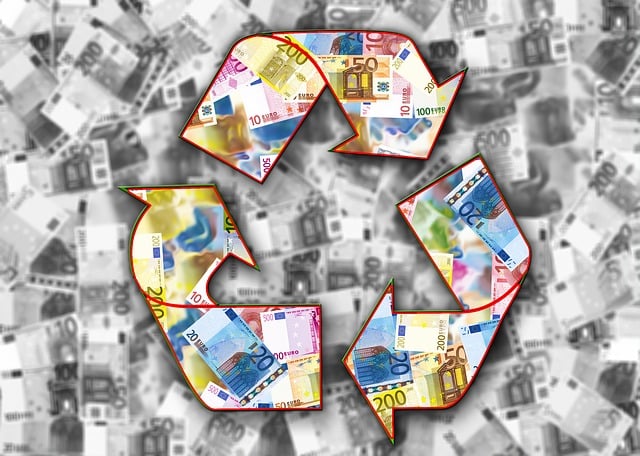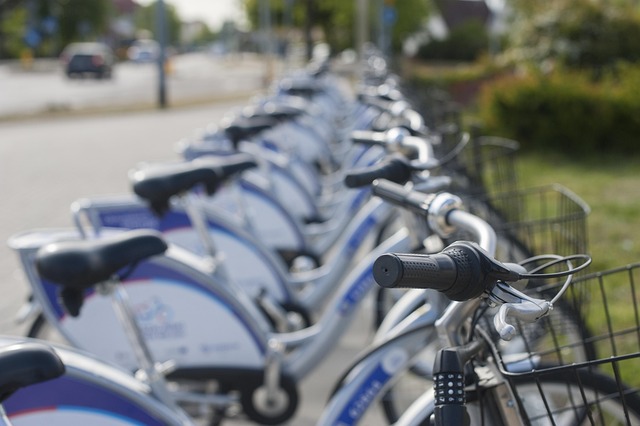Economic growth fuels real estate markets through increased demand driven by rising incomes and employment. This positive cycle boosts property prices, attracts investors, and developers, intensifying competition and market activity. Urbanization drives global demand for residential properties, particularly in metropolitan areas, requiring thoughtful urban planning. Careful management ensures the sector meets needs, contributing to sustainable and livable urban centers.
In periods of economic boom, property demand soars as robust growth and rising incomes fuel aspirations for better living standards. Inflation adds a further impetus, encouraging investment in tangible assets like real estate. Meanwhile, urbanization continues to drive housing requirements, with more people migrating to cities seeking greater opportunities. This dynamic interplay between economic growth, inflation, and urbanization significantly impacts the real estate market, creating a potent demand for properties across various sectors.
Economic Growth Drives Property Demand

Economic growth is a powerful catalyst for real estate markets, as rising incomes and a robust job market empower individuals and families to invest in property. When the economy thrives, people feel more secure about their financial future, leading to increased confidence in making significant purchases like homes. This surge in demand can cause prices to inflate, creating a positive cycle that further fuels economic growth.
As businesses expand and employment opportunities increase, more people seek permanent housing solutions. The resulting higher demand for real estate puts upward pressure on prices, attracting investors and developers who respond by bringing more properties to market. This dynamic interaction between economic health and property demand ensures that real estate remains a vital component of any thriving economy.
Inflationary Pressures Boost Real Estate Market

In periods of economic boom, inflationary pressures often trickle down to the real estate market, significantly boosting property demand. As purchasing power increases and more disposable income circulates within the economy, individuals and families tend to seek investments in tangible assets like properties. This shift in spending priorities fuels a competitive environment where buyers actively pursue opportunities to own real estate, driving up both property prices and sales volume.
The inflative environment also encourages developers to capitalize on the market’s momentum by launching new construction projects. With the expectation of continued growth, investors inject capital into these ventures, further intensifying competition among homebuyers. As a result, the real estate market experiences a cycle of robust activity, where supply struggles to keep up with demand, leading to higher prices and increased property values across the board.
Urbanization Fuels Housing Requirements

Urbanization, a global trend with profound implications, is a primary driver behind soaring property demand. As cities expand and populations grow, the need for adequate housing becomes more pressing. This surge in urban dwellers requires a significant increase in real estate supply to meet their shelter needs. The demand for residential properties, especially in metropolitan areas, has been on an upward trajectory, fueled by urbanization’s relentless march.
The consequences are far-reaching; it necessitates thoughtful urban planning and development strategies to accommodate this growing demand. With careful management, the real estate sector can ensure that housing requirements are met efficiently, contributing to the overall sustainability and livability of urban centers.






